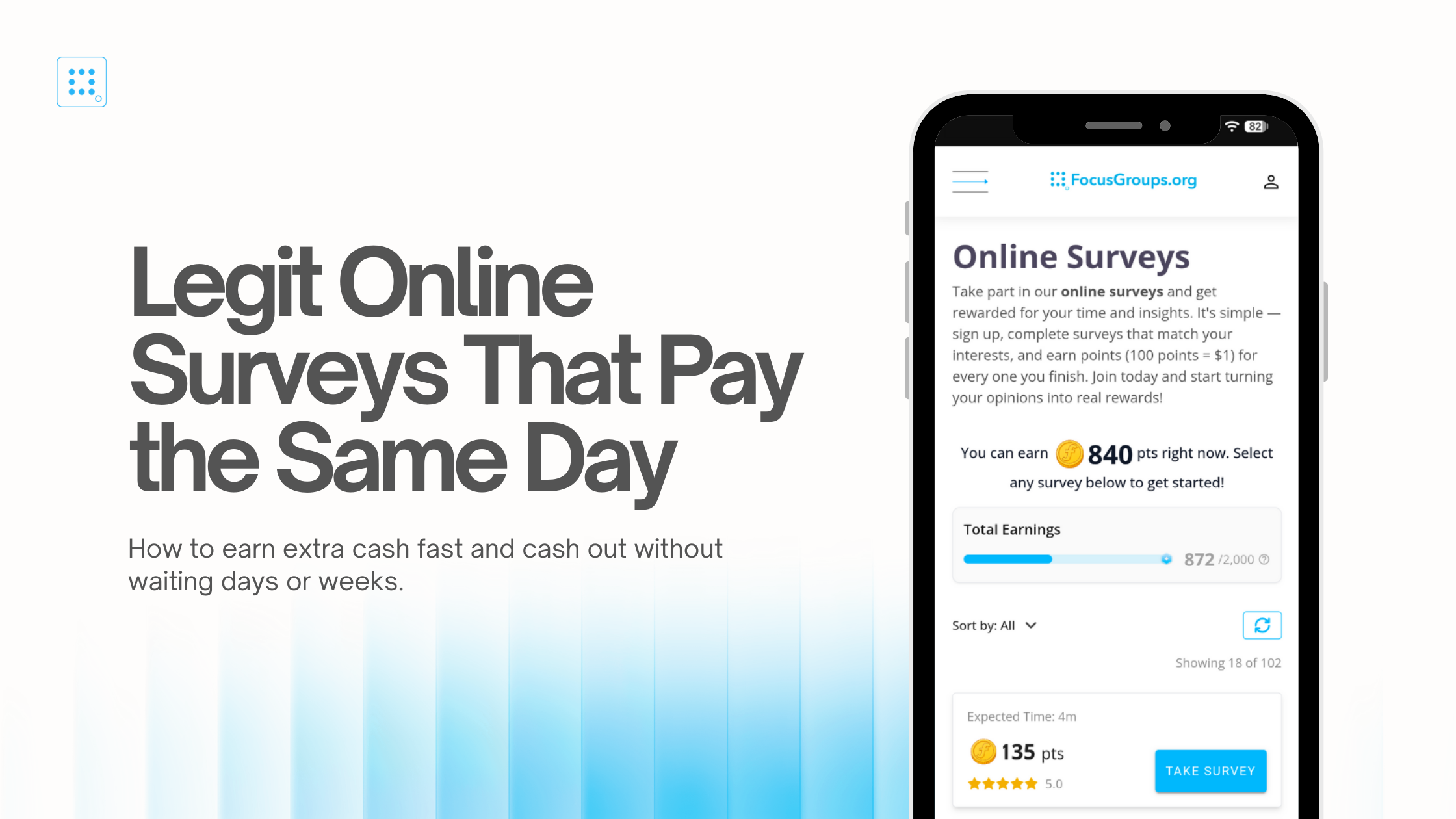Market Research Methods vs Surveys: Choosing the Right Approach

In the fast-paced world of business, understanding consumer behavior is essential for staying ahead of the competition. Whether you're just starting out or running a well-established brand, knowing what makes your customers tick can help you improve products, enhance customer experiences, and ultimately drive growth.
Two key tools that businesses often turn to for gathering insights are market research methods and surveys. While both have their own strengths, they serve different purposes and offer distinct advantages. So, which one is more effective for your business? Let’s dive into the comparison!
Reference Table:
- What Are Market Research Methods and Surveys?
- When to Choose Market Research Methods
- When to Choose Surveys
- Which Is Right for Your Business?
- Conclusion
What Are Market Research Methods and Surveys?
Market research is the process of collecting and analyzing data to understand consumer preferences, behaviors, and trends in the market. There are various ways to conduct research, typically falling into two categories: qualitative and quantitative.
Although both tools are valuable, they vary in the type of data they collect and the insights they provide. Let’s break down both methods to help you understand how they can support your business needs.
When to Choose Market Research Methods
Market research methods are ideal for businesses looking for deeper, more detailed insights into consumer behavior. Here’s why you might choose this approach:
- Explore Motivations and Emotions: Focus groups and in-depth interviews give you a chance to uncover why people make certain decisions, such as why they prefer one product over another.
- Understand Real-Life Contexts: Ethnographic studies involve observing consumers in their natural environments, helping you discover unmet needs that don’t always come across in surveys.
- Get Rich, Contextual Data: These methods give you detailed, narrative data that explains consumer choices and behavior, which is especially valuable for refining products or services.
When to Choose Surveys
Surveys are best when you need broad, quick, and statistically reliable data. Here’s why surveys are an excellent option:
- Reach a Larger Audience: With surveys, you can collect responses from a large sample, allowing you to identify patterns and trends that are statistically significant.
- Cost-Effective and Quick: Surveys are generally cheaper and faster to execute than qualitative methods, allowing businesses to collect data quickly and efficiently.
- Easy to Analyze: The structured nature of surveys makes the data easier to analyze. Whether you’re measuring customer satisfaction or brand awareness, the results are straightforward and quantifiable.
Which Is Right for Your Business?
Here’s a simplified guide to help you decide which method fits your needs:
Use Market Research Methods:
- Uncover deeper motivations and emotions behind consumer decisions.
- Explore new product ideas or concepts before launching.
- Gather statistical data that helps you make data-driven decisions.
Use Surveys:
- Collect data from a wide audience quickly.
- Measure specific variables like customer satisfaction or brand loyalty.
- Gather statistical data that helps you make data-driven decisions.
Conclusion
Both market research methods and surveys are valuable tools, and the best choice depends on your research goals. Market research methods provide detailed, qualitative insights into consumer behavior and emotions, which is perfect for understanding why customers act the way they do. Surveys, on the other hand, offer quick, large-scale data collection and statistical analysis, ideal for measuring broad trends and validating assumptions.
By using both in your research strategy, you can gather a comprehensive understanding of your audience and make more informed, effective business decisions.
Need help finding participants for your study? We've got you covered! No matter how you recruit, we’ll connect you with the right participants through our high-quality database.





